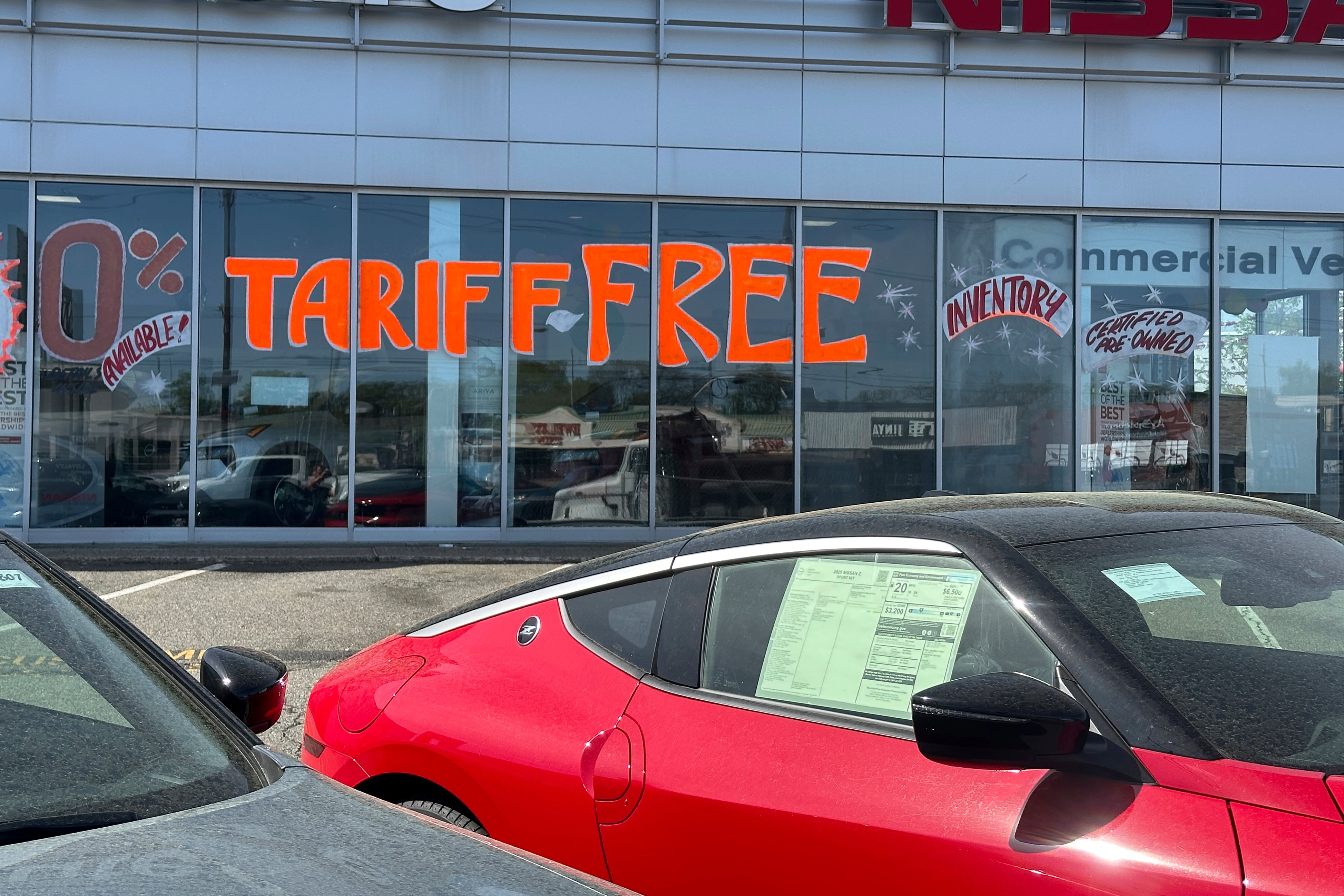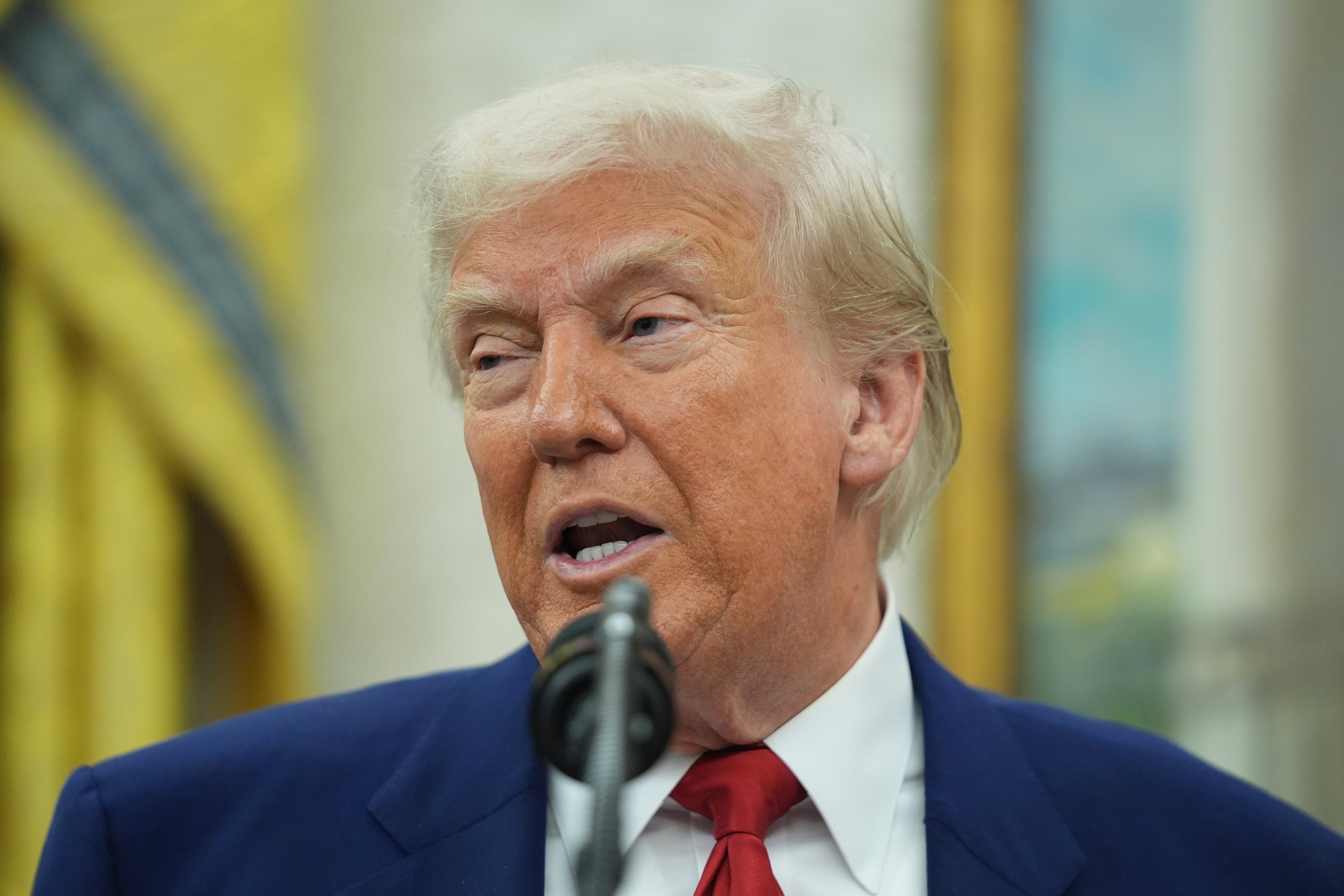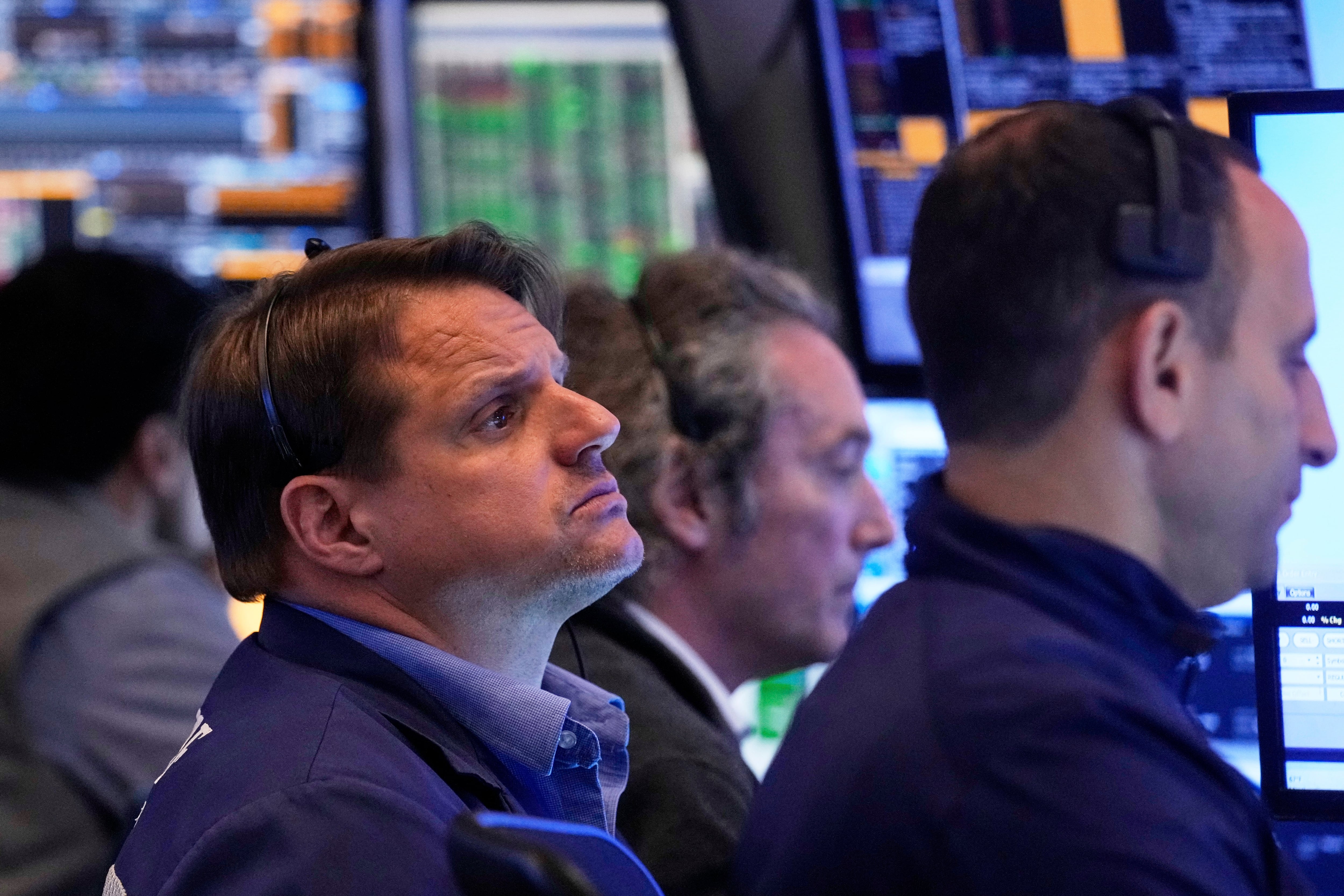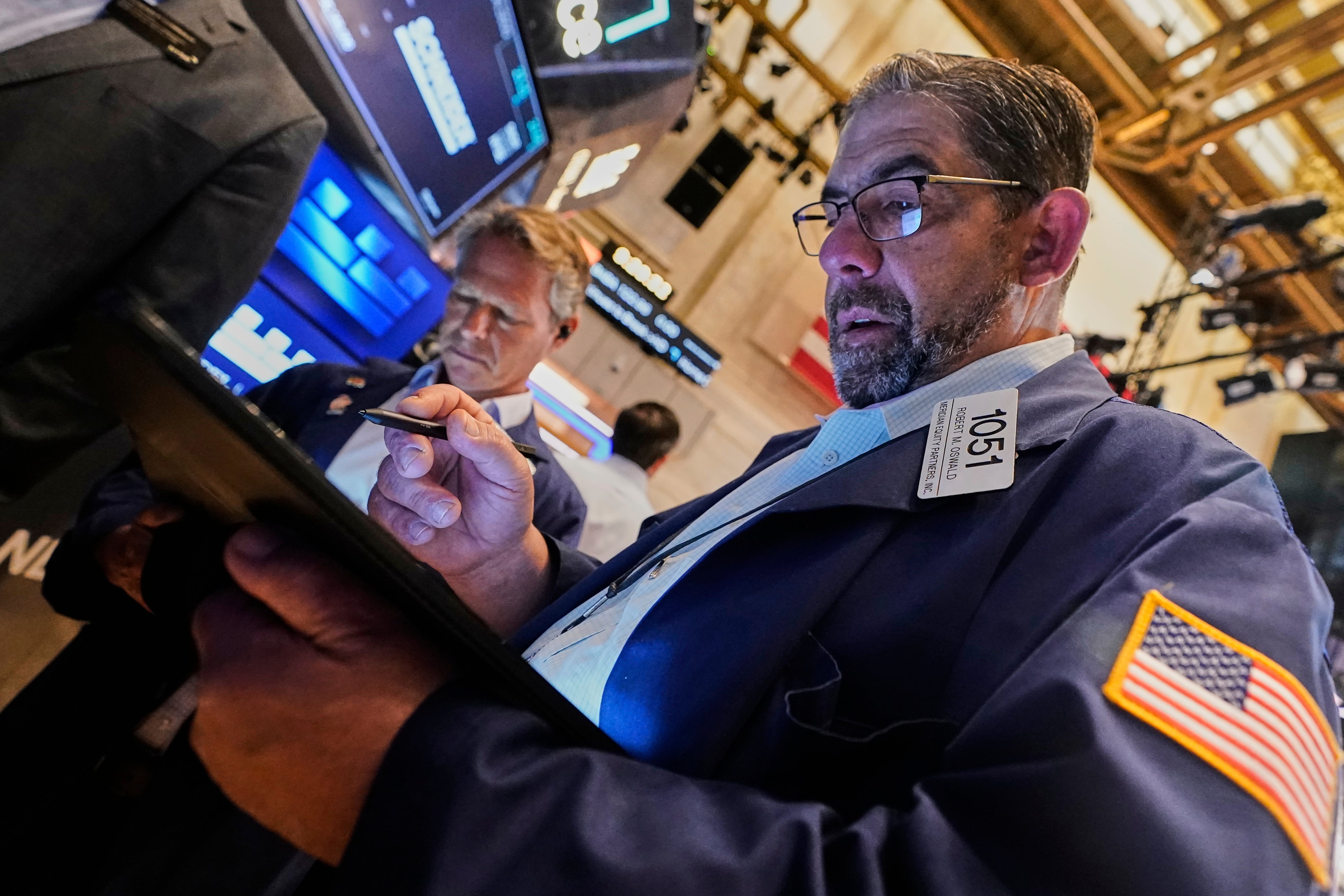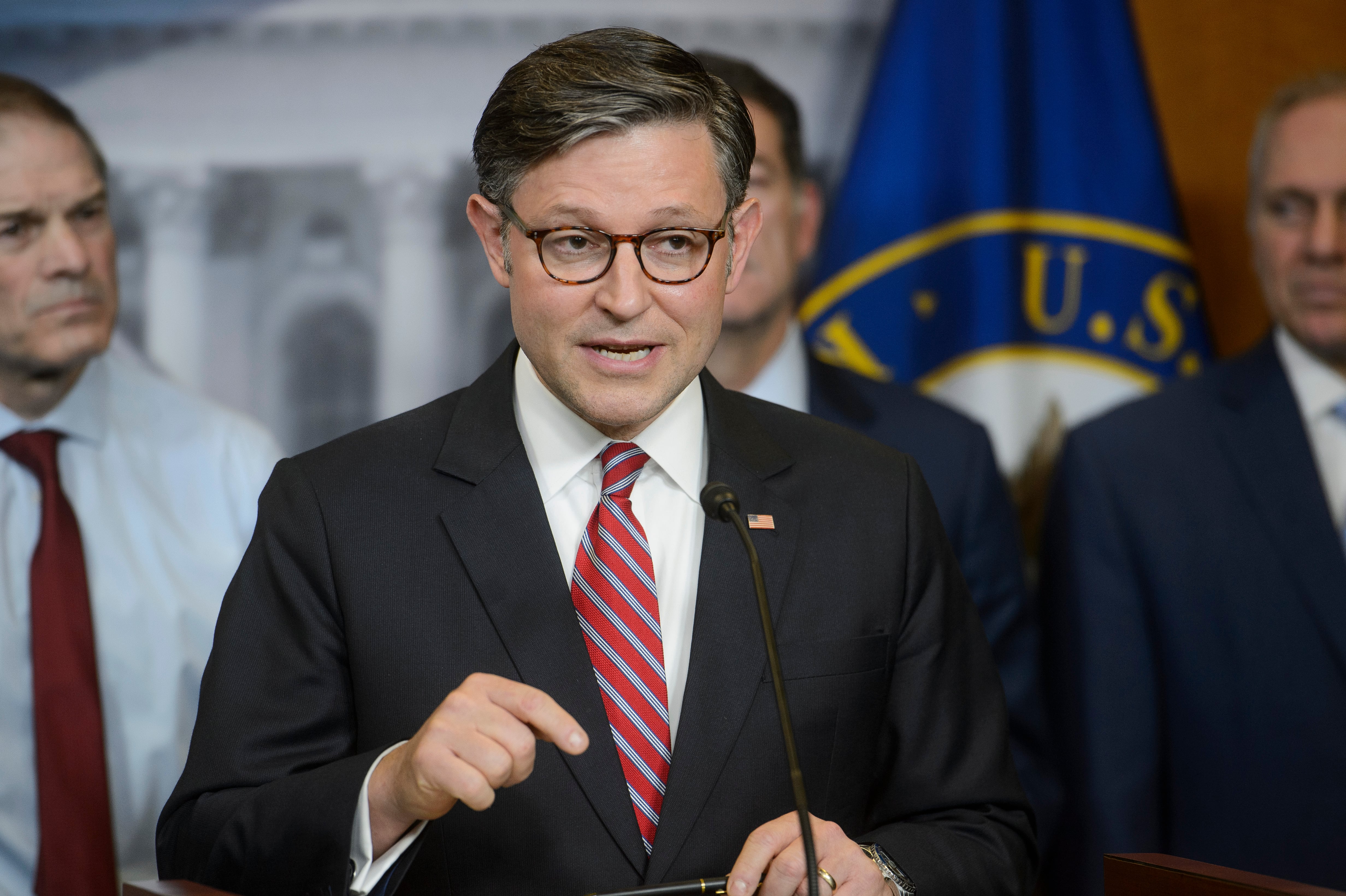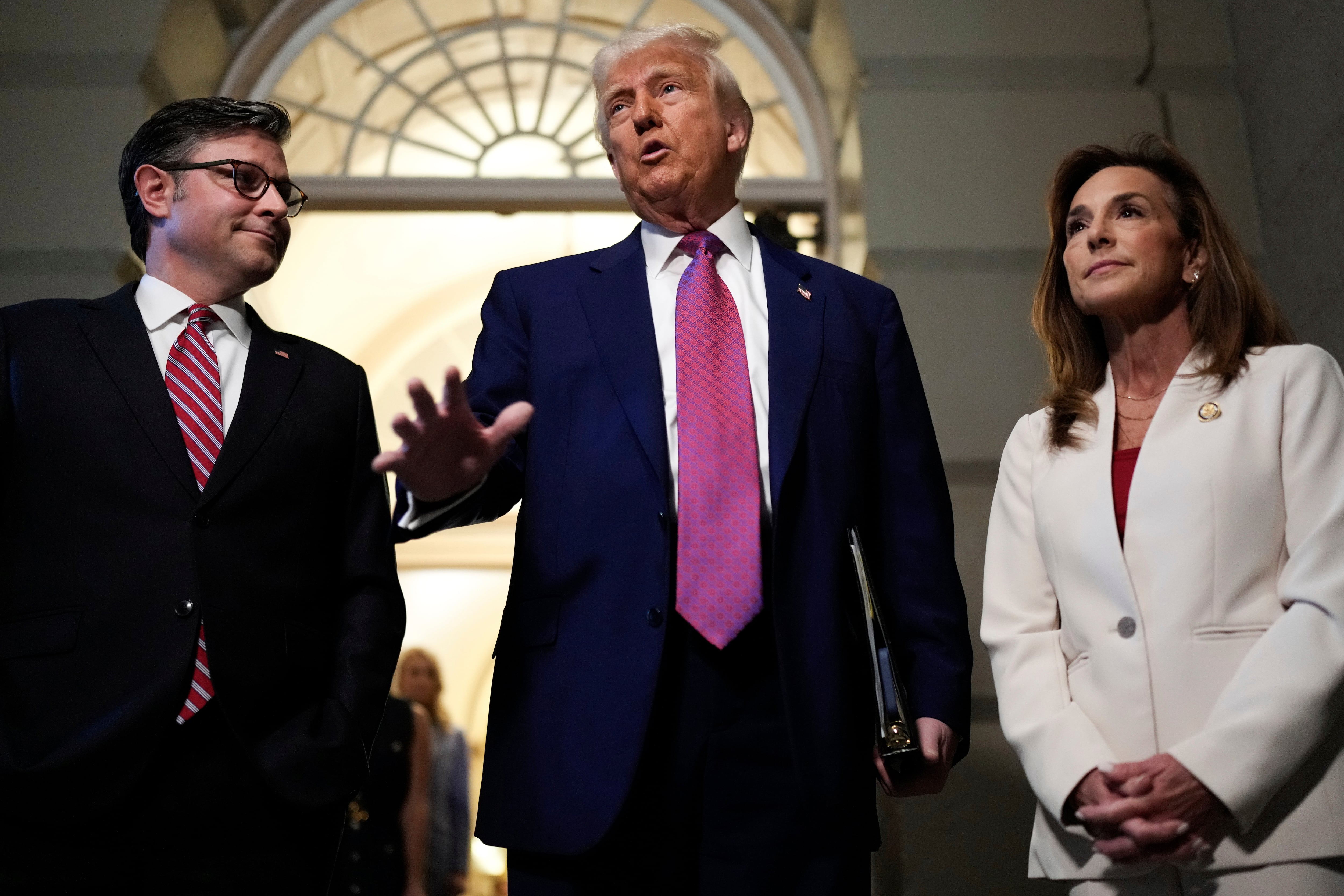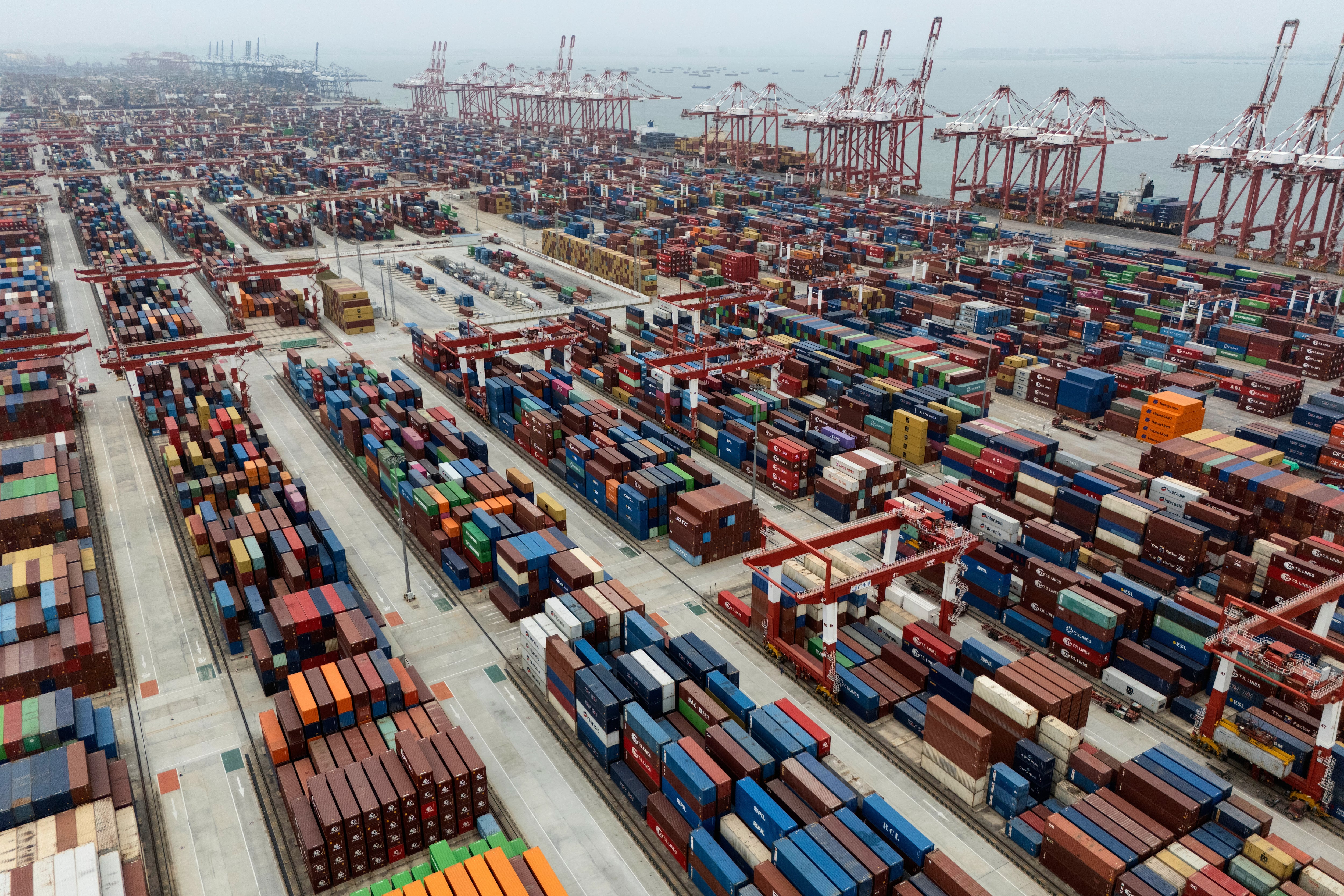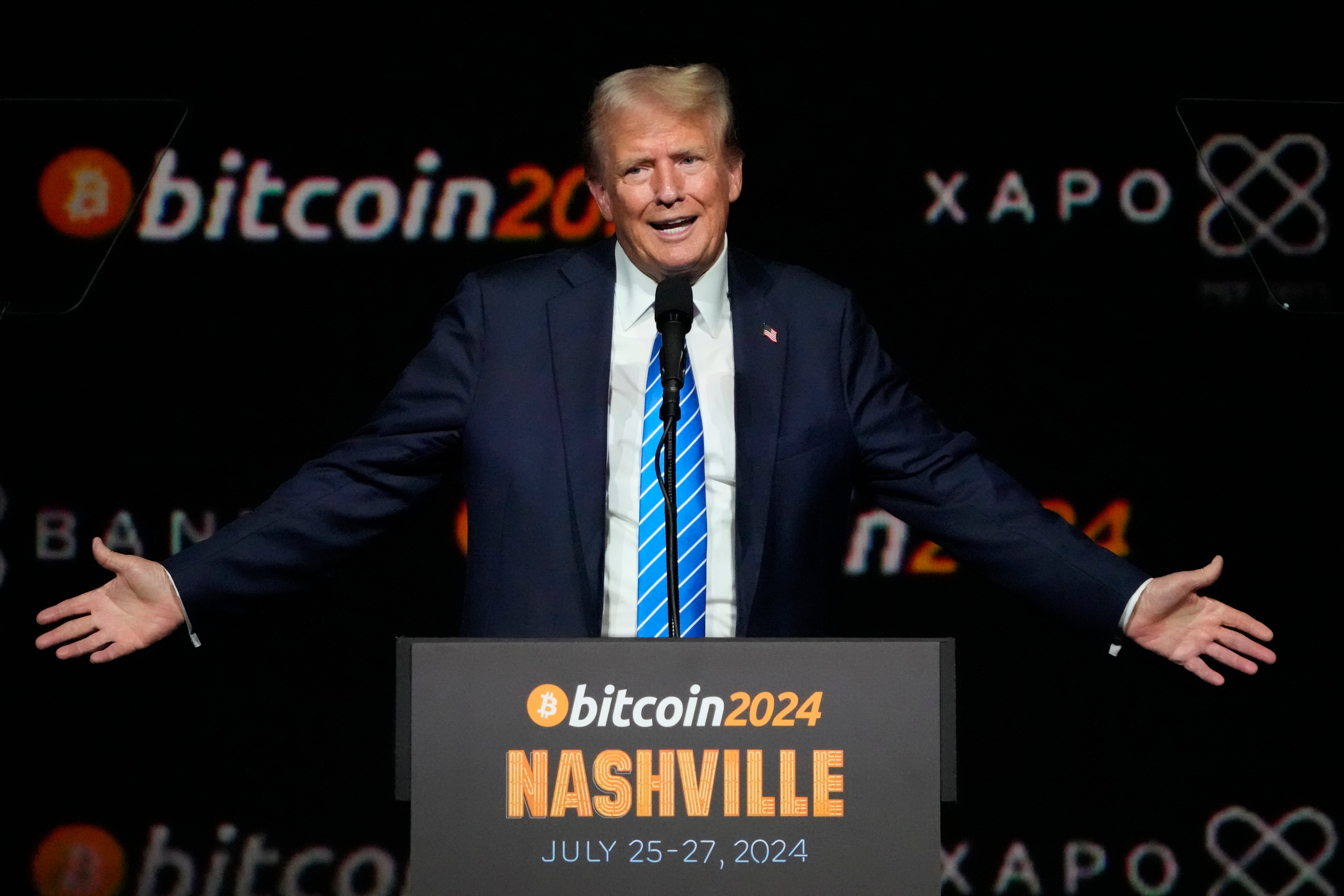This year has had its fair share of political tension and technological advancements, but 2018 could have even more in store. "The World in 2018," an annual publication from The Economist, predicts 2018 will be a "nerve jangling" year. Daniel Franklin, Executive Editor of The Economist, and Editor of "The World in 2018," stopped by to discuss the 12 global themes for 2018.
Franklin says we will see more open versus closed world views. While President Donald Trump focuses on his "America first" agenda, France's President Emmanuel Macron is promoting a new kind of pro-globalization plan.
The Economist also sees sports competing with politics in the South Korea Winter Olympics, and the World Cup in Russia. South Korea will put on the Winter Olympics in the shadow of the North's nuclear threats. Franklin also discusses how the World Cup takes center stage in Russia at a sensitive time in the country's relationship with the West.
President Donald Trump’s doubling of tariffs on foreign steel and aluminum could hit Americans in an unexpected place: grocery aisles.
The Court of Appeals for the Federal Circuit on Thursday allowed the president to temporarily continue collecting the tariffs under the emergency powers law while he appeals the trade court’s decision.
President Donald Trump wants the world to know he’s no “chicken” just because he’s repeatedly backed off high tariff threats.
Wall Street is rallying after President Donald Trump delayed a 50% tariff on goods coming from the European Union.
Almost four dozen Venezuelan workers who had temporary protected status have been put on leave by Disney after the U.S. Supreme Court allowed the Trump administration to strip them of legal protections.
U.S. stocks are falling after President Donald Trump threatened 50% tariffs on the European Union that could begin in a little more than a week.
House Republicans stayed up all night to pass their multitrillion-dollar tax breaks package.
President Donald Trump has implored House Republicans on Capitol Hill to drop their fights over his budget.
American businesses that rely on Chinese goods are reacting with muted relief after the U.S. and China agreed to pause their exorbitant tariffs on each other’s products for 90 days. Many companies delayed or canceled orders after President Donald Trump last month put a 145% tariff on items made in China. Importers still face relatively high tariffs, however, as well as uncertainty over what will happen in the coming weeks and months. The temporary truce was announced as retailers and their suppliers are looking to finalize their plans and orders for the holiday shopping season. They’re concerned a mad scramble to get goods onto ships will lead to bottlenecks and increased shipping costs.
Senate Democrats have blocked legislation to regulate a form of cryptocurrency after arguing that the bill needed stronger protections.
